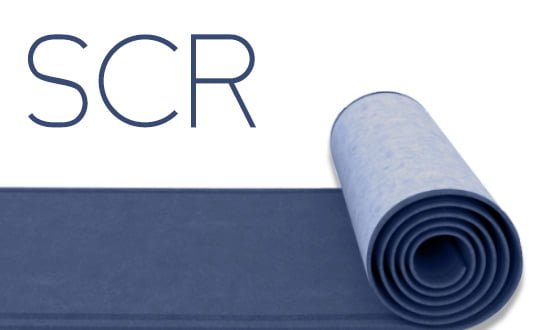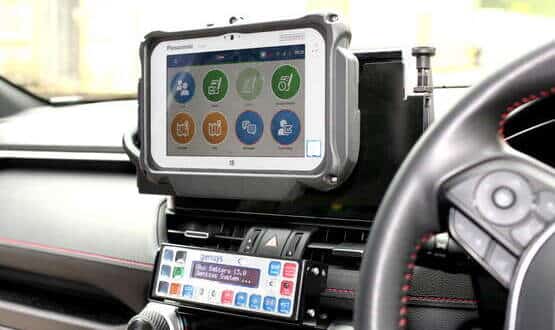Summary Care Records: GPs add info
- 2 December 2015

Nearly all of England's GPs are able to write additional information into a patient's Summary Care Record from within their clinical system and more than 80% of SystmOne practices have added codes already.
A spokesperson for TPP said that all GP practices that use its clinical IT system have the functionality to create more detailed SCRs and that 80% of practices put at least one of the new codes onto a patient’s record in September 2015.
The SCR was launched in 2010 as a shared record with essential patient details that could be accessed by clinicians across the NHS. There are now nearly 55 million people with an SCR, accounting for around 96% of the population of England.
Its core details include a person’s demographic details, as well as any allergies, medications and adverse reactions.
The SCR has since been expanded to include additional information, such as the reason for medication; significant medical history; anticipatory care information; communication preferences; end of life care information; and immunisations.
According to the Health and Social Care Information Centre, the functionality to include this additional information was rolled out to practices using TPP’s SystmOne in April 2015, to Emis Web practices in August 2015 and to users of InPractice’s Vision in September 2015.
Microtest is the only supplier with no plan to rollout SCR across its estate, says the HSCIC.
A spokesperson for Emis said: “This additional information is especially useful for clinicians caring for patients with chronic and long term conditions, as well as vulnerable patients such as the elderly or medically impaired.”
Dr Pauline Love, an end of life GP at North Derbyshire CCG told Digital Health News that she had “little need” to read the additional information but had “great benefit adding to it”.
These benefits include patients not having to go through all of their history when seeing other healthcare professionals, such as A&E or out-of-hours services.
Love added that the use of additional information could mean all professionals having access to the electronic palliative care co-ordination system so they could know that a person is nearing the end of their life and any specific care plans they have.
Paramedics have been accessing the additional information on a patient’s summary care record using tablet devices as part of a pilot project.
South Central Ambulance Services NHS Foundation Trust have given staff mobile access to the full SCR as well as key extra details about a patient’s medical history during an ambulance call-out, provided a patient gives consent.
NHS England said that early feedback has been positive, including a report from a paramedic who had used the additional information held in the SCR to understand a suspected case of sepsis and provide hospital staff with an assessment during handover.
“This patient seemed to be quite confused about his past medical history and, due to his acute pain, seemed unsure as to what was happening to him,” said the paramedic.
“His SCR revealed that had been seen by a GP the day before and prescribed antibiotics which hadn’t yet been delivered to him and so not started. It also told me of his allergies and intolerances along with details of past cardiac procedures. All of which the patient couldn’t tell me.”
Richard Jefferson, head of programme commissioning at NHS England, said that the use of additional information will “provide significant benefits” for patients and NHS staff.
“The ability to share information on, amongst other things, past and present conditions and procedures, and care preferences will increase not only patient safety but also efficiency for NHS workers who would otherwise be trying to source such information often via phone or fax.”




